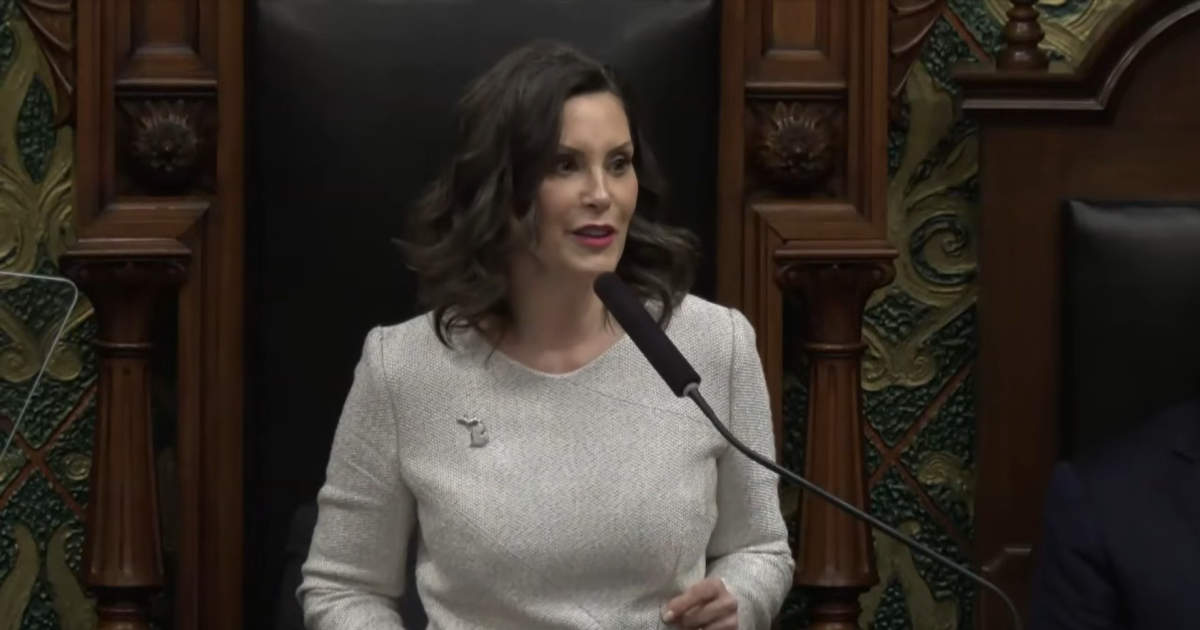Article Summary –
Kathy MacKercher, residing in Michigan, relies heavily on Medicaid to support her son Quinn, who suffers from two rare, life-threatening conditions that require expensive and continuous medical care, including a multi-organ transplant. Proposed cuts to Medicaid by the One Big Beautiful Bill Act could jeopardize such critical support for families like hers, who cannot afford these healthcare costs independently. Despite having health insurance, Quinn’s family faced significant financial challenges, with Medicaid stepping in to cover essential treatments and prevent financial ruin.
Kathy MacKercher, a Michigan resident, lives with her partner, James Avis, and their two teenage sons, Desmond and Quinn. Quinn suffers from two debilitating conditions. Without Medicaid coverage, Quinn’s family cannot afford his essential medical treatments.
The Center for American Progress reports that President Donald Trump’s One Big Beautiful Bill Act proposes cutting federal Medicaid spending by about $1 trillion over the next decade. Medicaid serves low-income families and children with disabilities.
Quinn has two rare conditions: “prune belly syndrome,” resulting in underdeveloped abdominal muscles and urinary tract issues; and megacystis-microcolon-intestinal hypoperistalsis syndrome, causing urinary tract and intestinal blockages.
He depends on a feeding tube for nutrition and tubes for medication and bladder drainage. Due to his conditions, MacKercher explains, he needs a rare, costly multi-organ transplant.
Without Medicaid, “We would face end of life and financial ruin. I don’t know how he would receive care. We can’t physically afford it,” MacKercher states.
Quinn’s first year led to $100,000 in debt. James Avis, his father, struggled to find work allowing him to care for Quinn while Kathy, a teacher, worked.

When Quinn turned 2, they accessed Medicaid via a Michigan waiver program akin to the federal Katie Beckett Medicaid Program. Established in 1982 under President Reagan, it provides waivers for children with disabilities, regardless of family income, to access Medicaid for in-home and community-based care.
Quinn’s waiver covers nurse costs; a nurse attended preschool with him. “He needed care every hour he was awake, even sometimes asleep if he got sick,” MacKercher shares.
“People like Quinn aren’t seen as human. That bill signifies we don’t care about sick children because they are costly,” MacKercher remarks.
Recently, MacKercher’s health insurance denied Quinn’s transplant coverage. She appealed to Medicaid, which was granted.
“Medicaid’s support was a relief, as denial would have been a death sentence for my son. The evaluation alone was $350,000,” MacKercher reveals.
MacKercher argues that everyone, regardless of wealth, should have Medicaid support for medical care for children with disabilities.
“Now care is so expensive. Even wealth doesn’t matter,” MacKercher asserts. “No one should pay exorbitant amounts for their child’s survival.”
—
Read More Michigan News









